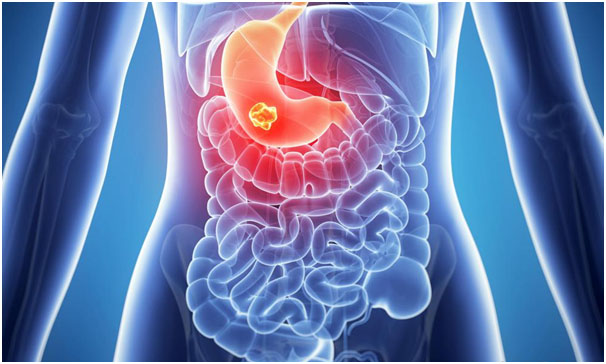+91 79 26466002, 9099197473
Abdominal cancer surgery
What is abdominal cancer?
Abdominal cancer is a type of cancer that occurs when there is an uncontrolled growth of abnormal cells anywhere in the abdomen, the area between the lower chest and the groin. The abdomen consists of many organs, including the stomach, intestines, liver, gallbladder, pancreas, esophagus, and numerous blood vessels. Abdominal cancer is a general term for a variety of cancers.
If left untreated, abdominal cancer cells can continue to multiply and spread to other parts of the body a process called metastasis. As abdominal cancer progresses, it interferes with vital processes and functions of the organ where it began and the organs where it has spread, such as the lymphatic system, lungs, and other abdominal organs.
Abdominal cancer can be fatal, especially if undetected and untreated. Prognosis of abdominal cancer varies depending on the type of cancer and the stage of advancement; your age, medical history, and coexisting conditions or diseases; and other factors.
For example, colorectal cancer often develops from noncancerous adenomatous intestinal polyps in the colon that can become malignant or cancerous over time. Prognosis is excellent when intestinal polyps are detected and removed before cancer develops. Prognosis is also good if the cancer cells have not spread outside the polyp. Regular screening, such as a colonoscopy, can look for early signs of colorectal cancer.
Other types of abdominal cancer, especially pancreatic cancer, stomach cancer, and liver cancer, can be more difficult to detect and treat and have a bleaker prognosis, especially if diagnosed in later stages of the disease.
Abdominal cancer can lead to life-threatening complications and be fatal. Seeking regular medical care offers the best chances of discovering abdominal cancer in its earliest, most curable stage. If you have abdominal cancer, following your treatment plan may help reduce your risk of serious complications.
When picked up early, surgical removal is the best way to treat them. Few tumours respond to chemotherapy or radiotherapy despite progress in recent times. Surgical resections of tumors in stomach, gall bladder, bile duct, liver, pancreas, colon and rectum are more demanding, time taking and requires great understanding of regional anatomy.
Many GI Cancers are now possible to treat Laparoscopically, thus giving the patients the benefits of minimally invasive surgery.

